As substances with broad application value, plant extracts have played a significant role throughout the long river of human history. This article delves into the understanding and utilization of plant extracts by humans in different historical periods such as ancient civilizations, the Middle Ages, modern times, and the contemporary era. It elaborates on the development process of plant extracts from their initial accidental discovery to systematic scientific research in modern times. This process not only reflects the continuous exploration and deepening cognition of nature by humans but also demonstrates the important role of plant extracts in fields such as medicine, cosmetics, and food. At the same time, it provides a prospect for the future development trends of plant extracts.
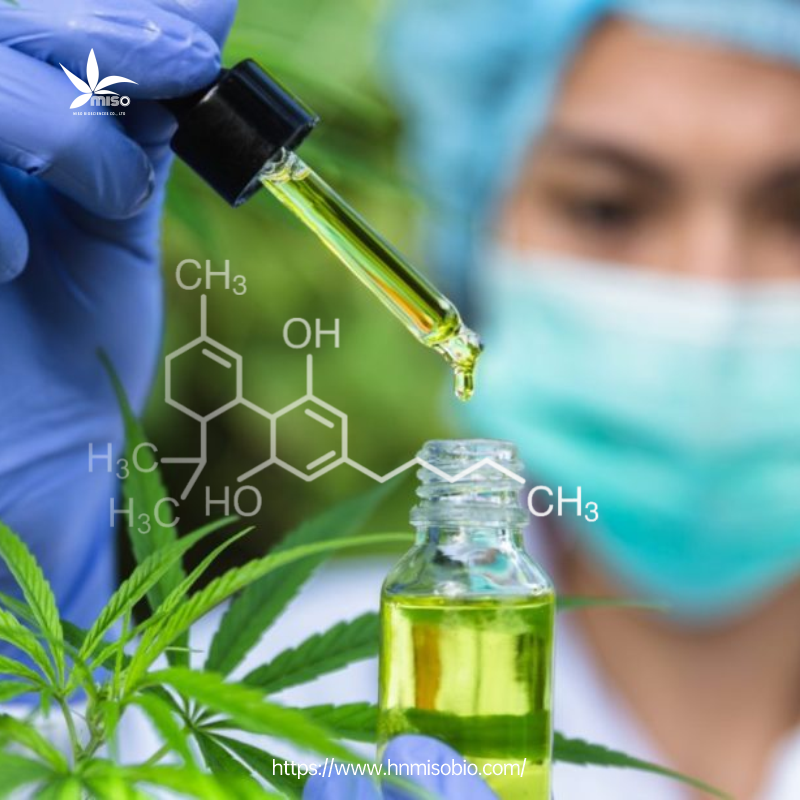
I. Plant Extracts
Plant extracts refer to substances with specific biological activities that are extracted from plants. Throughout the historical process of human development, plant extracts have been accompanying human life, providing important support for human health, beauty, and food. From ancient herbal treatments to modern functional foods and cosmetics, the application range of plant extracts has been continuously expanding, and their value is increasingly valued by people. This article will review the process by which plant extracts have been recognized by humans, discussing their development characteristics and application fields in different historical periods.
II. Ancient Civilizations
(1) Ancient Egypt
In the civilization of Ancient Egypt, plant extracts were already widely used. The Egyptians utilized plant extracts to create perfumes, cosmetics, and medicines. For instance, they extracted fragrant essential oils from lotus flowers for use in religious ceremonies and skincare. The medical literature of Ancient Egypt also documented the medicinal values of many plant extracts, such as substances extracted from the bark of willow trees that had pain-relieving and antipyretic effects, which is considered one of the earliest human recognitions of the medicinal value of plant extracts.
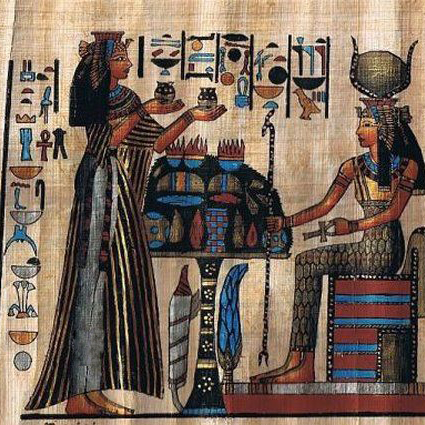
(2) Ancient Greece
The civilization of Ancient Greece also had a profound understanding of plant extracts. The Greek physician Hippocrates, known as the father of Western medicine, detailed the medicinal values of many plant extracts in his writings. For example, he recommended the use of chamomile extracts to treat symptoms like indigestion and insomnia. The Greeks also used plant extracts to make perfumes and cosmetics, with essential oils extracted from roses being widely used in skincare and beauty regimens.
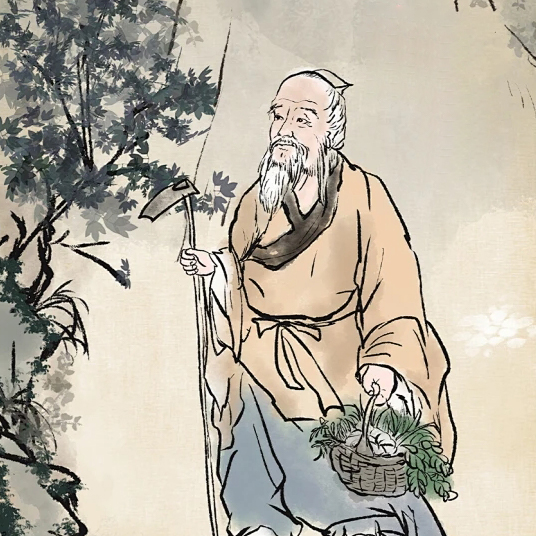
(3) Ancient China
China is one of the earliest countries to use herbal medicine, and plant extracts have played a significant role in ancient Chinese medicine. As early as in ancient medical texts such as "Huangdi Neijing" and "Shennong Bencao Jing," a vast array of medicinal values of plant extracts was documented. For example, plant extracts like ginseng, astragalus, and angelica were widely used for replenishing qi and blood, as well as for regulating the body. Ancient Chinese physicians, through long-term practice and observation, developed a comprehensive system of herbal medicine treatment, making a significant contribution to human health.
III. The Medieval Period
(1) Medieval Europe
During the medieval period in Europe, the application of plant extracts was primarily concentrated in the fields of medicine and religion. As the medical knowledge of the time was largely derived from the medical literature of ancient Greece and Rome, the use of plant extracts in medicine mainly continued the ancient traditions. In addition, plant extracts were also widely used in religious ceremonies and magic, believed to possess mystical powers.

(2) Arabic Medicine
In the medieval Arab world, medicine saw significant development. Arab physicians conducted in-depth studies on plant extracts and summarized many new medicinal values. For instance, the Arab physician Ibn Sina (also known as Avicenna) detailed the medicinal values of numerous plant extracts in his work "The Canon of Medicine," which had a profound impact on the development of European medicine.
IV. The Modern Era
(1) The Renaissance Period
With the rise of the Renaissance movement, interest in the natural sciences grew, and research on plant extracts began to take a more scientific approach. During this period, many botanists and physicians started systematic studies of plant extracts, attempting to uncover the scientific principles behind their medicinal values. For instance, the Italian botanist Andrea Cesalpino, through his observations and research on plants, proposed methods for plant classification, laying the groundwork for subsequent studies on plant extracts.
(2) The Industrial Revolution Period
The advent of the Industrial Revolution brought new opportunities for the research and application of plant extracts. With the development of the chemical industry, people began to use chemical methods to extract active ingredients from plants, enhancing the purity and yield of plant extracts. At the same time, the Industrial Revolution also facilitated the development of international trade, allowing plant extracts to be circulated and applied globally. For example, quinine extracted from the cinchona tree became an important medicine for treating malaria and was widely used around the world.
V. The Contemporary Era
(1) Advancements in Science and Technology
Since the 20th century, the rapid development of science and technology has ushered in a new phase in human understanding and research of plant extracts. The application of modern analytical techniques such as chromatography and mass spectrometry has enabled more accurate analysis of the chemical components in plant extracts, revealing the material basis of their biological activities. Concurrently, advancements in biotechnology have provided new methods for the study of plant extracts, such as increasing the content of active ingredients in plants through genetic engineering or utilizing cell culture techniques for large-scale production of plant extracts.
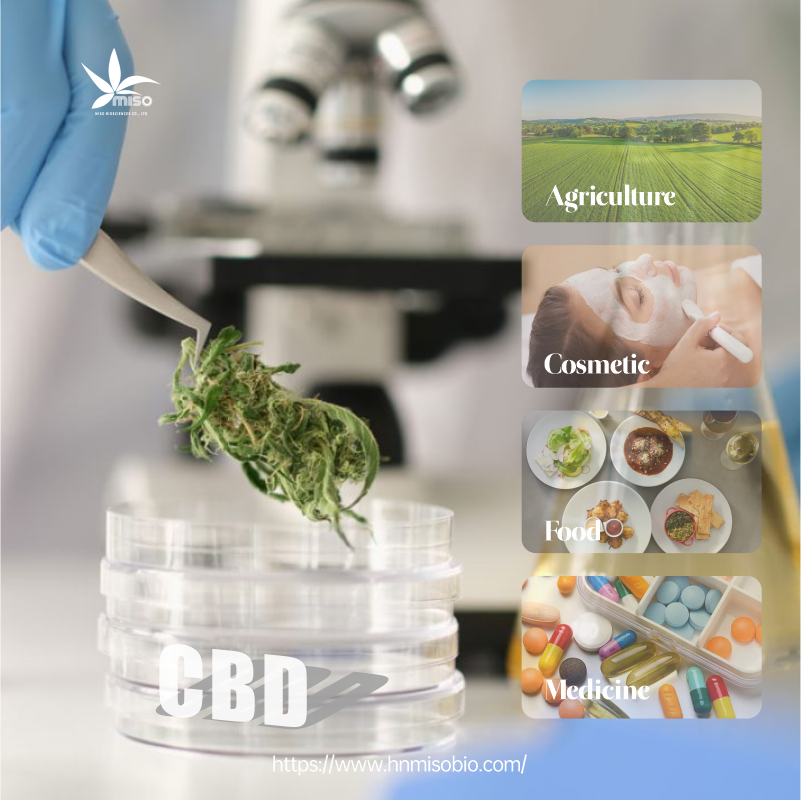
(2) Expansion of Application Fields
The application fields of modern plant extracts continue to expand. Beyond the traditional areas of medicine, cosmetics, and food, they also play a significant role in agriculture and environmental protection. In the medical field, plant extracts are widely used in the development of new drugs and health products. For instance, flavonoids extracted from ginkgo leaves have antioxidant and blood circulation improvement effects and are used to treat cardiovascular and cerebrovascular diseases. In the cosmetics field, plant extracts are used to develop natural cosmetics, such as polysaccharides extracted from aloe vera, which have moisturizing and skin repair effects. In the food field, plant extracts are used as natural food additives; for example, proanthocyanidins extracted from grape seeds have antioxidant and antibacterial effects and are used for food preservation. In agriculture, plant extracts are used to develop new types of pesticides and fertilizers; for instance, alkaloids extracted from bitter参 have insecticidal and bactericidal effects. In the environmental field, plant extracts are used to develop new eco-friendly materials; for example, cellulose extracted from bamboo has degradable and environmentally friendly characteristics.
VI. Future Development Trends
(1) Green and Environmentally Friendly
With the continuous increase in people's awareness of environmental protection, being green and environmentally friendly will become an important trend in the future development of plant extracts. The production of plant extracts in the future will focus more on environmental protection and sustainable development, adopting green extraction technologies to reduce environmental pollution. At the same time, the application of plant extracts will also pay more attention to environmental protection, developing more environmentally friendly products.
(2) Personalized Customization
As people's demand for health and beauty continues to grow, personalized customization will become an important trend in the future development of plant extracts. Plant extract products in the future will focus more on personalized needs, developing personalized products based on the physique and needs of different population groups.
(3) Intelligent Manufacturing
With the development of artificial intelligence and big data technology, intelligent manufacturing will become an important trend in the future development of plant extracts. The production of plant extracts in the future will focus more on intelligence and automation, using artificial intelligence and big data technology to optimize production processes, improve production efficiency, and product quality.
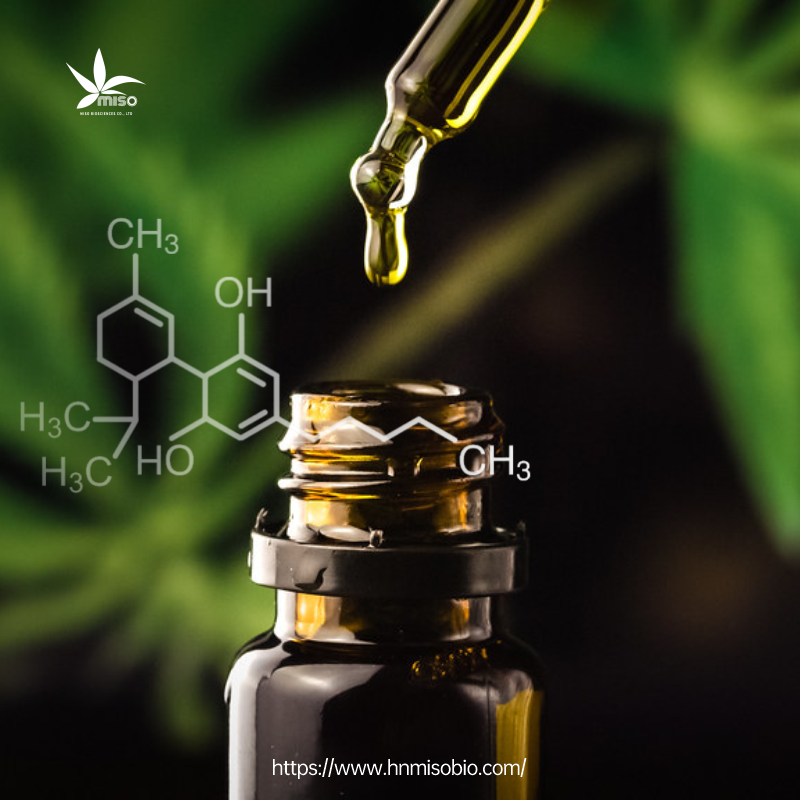
VII. Conclusion
Plant extracts, as substances with broad application value, have undergone a lengthy developmental journey throughout human history. From the accidental discoveries of ancient civilizations to the systematic studies of modern science, human understanding and utilization of plant extracts have continuously deepened. Throughout various historical periods, plant extracts have played a significant role in the fields of medicine, cosmetics, and food. With the ongoing advancement of science and technology, the application fields of plant extracts will continue to expand, and their development trends will become increasingly green and environmentally friendly, personalized, and intelligent in manufacturing. It is believed that in the future, plant extracts will make greater contributions to human health, beauty, and sustainable development.